Director: Leon Lai
Writer: Succeed Be
Cast: Leon Lai, Zhang Hanyu, Nan Fulong, Lily Ji Li, Du Juan, David Wang, Huang Shang-Ho
Running Time: 80 min.
By Paul Bramhall
Out of the Four Heavenly Kings of Cantopop – Andy Lau, Aaron Kwok, Jacky Cheung, and Leon Lai – it’s always been youngest member Lai that’s had the most difficulty transitioning his onstage pop star charisma to the silver screen. Ladened with an almost Steven Seagal level of inability to express emotion beyond a single facial expression, Lai’s stony faced cinematic outings in action flicks, such as Benny Chan’s Heroic Duo and Dante Lam’s Fire of Conscience, are enough to dampen even the biggest explosion. While directors like Wong Kar Wai and Johnnie To have utilised his blank expressions to their advantage, with his 1990’s era outings Fallen Angels and A Hero Never Dies being career high points, Lai’s latest Wine War asks the risky question – what would it be like if he directs himself?
In fairness, Wine War isn’t the first time for Lai to play director and star, as he also pulled double duty on the 2006 movie A Melody Looking. However the reality is that his debut in the director’s chair was more of a thinly veiled extended promo for the artists signed up to his music label, Amusic, rather than a legitimate attempt at filmmaking. When over half of your movie is full length music videos lamely integrated into a supposed story, you’re not fooling anyone. So in that regard, we can essentially consider Wine War to be Lai’s legitimate directorial debut, and for it he’s brought Zhang Han-Yu along for the ride.
Han-Yu is one of the best actors to come out of the Mainland, oozing a Chow Yun Fat level of charisma (there’s a reason why John Woo chose him as the lead for Manhunt), for international audiences he likely first registered in the 2007 war drama Assembly. While mentioning a Chinese war movie in today’s climate likely brings to mind the bombast of Wolf Warrior 2 and Operation Red Sea (which he’s also in), Assembly was made before China became the box office juggernaut it would be just a few years later. As a result, it’s a surprisingly intimate look at the effects of war, and Han-Yu walked away with the Best Leading Actor award at the 2008 Golden Horse Awards. Today he’s more known for his distinctively macho roles in the likes of Operation Mekong and The Taking of Tiger Mountain, and to see him onscreen brightens up any movie.
In Wine War, he and Lai play friends that grew up together in the same orphanage. However a turn of events result in Lai being adopted by a wealthy Frenchman, while Han-Yu remains in China, growing up to be a rural town cop. After losing contact for a number of years, Han-Yu contacts Lai out of the blue to tell him he’s coming to France, in order to bid on an ancient bottle of wine (the ‘Wine God’) that contains a secret recipe from the Yuan dynasty. The auction is being run by a pair of siblings played by Nan Fu-Long and Du Juan (if you’ve never heard of them, it’s because they’re models, not actors), the last surviving members of a Mongol-Chinese lineage based in France. Han-yu will have to compete with 2 other bidders, played by Huang Shanghe and David Wang (if you’re wondering, at one point Du Juan explains she’s rejected all the non-Chinese bidders).
It’s soon revealed though that not everyone is who they claim to be, and that the auction is in fact a ruse to draw out the long missing brother of Fu-Long and Juan, who is the only one that knows the secret of the ‘Wine God’. How exactly do Lai and Han-Yu fit into this plot, and will they survive it? The answer to the latter is yes, the answer to the former is more tricky. Wine War is based on a story that Lai created himself, and initially, it seems like his directing style looks to be a throwback to the Hong Kong tonal zaniness of old. The opening 15 minutes contain a quirky flashback to the Yuan dynasty, while also revealing Lai to have grown into a modern day Hugh Hefner, when Han-Yu arrives in France to be greeted by a mansion overrun by a bevy of bikini clad beauties, and even a baritone singing chef.
However Wine War quickly runs out of steam, and despite its short runtime of 80 minutes (don’t be fooled by the official 90 minutes – 10 minutes is made up of outtakes and the end credits), Lai’s latest quickly becomes a plodding experience to get through. The main issue is his story, as despite it only containing a handful of main characters, what the motivations are behind their actions become increasingly confusing, largely thanks to the clunky delivery of the narrative. Also, beyond the fact that the script states Lai and Han-Yu grew up together, their relationship as long-time friends is completely unbelievable. A large factor in this is that Han-Yu acts Lai off the screen whenever they’re on it together. Clearly having a lot of fun with a role that allows him to ape many of his more stoic performances, Lai’s comparatively bland line delivery does him no favours.
Similarly, the off-kilter pacing doesn’t seem to know what it wants to focus on. We get Lai and Han-Yu singing a ballad together on karaoke, which in true Hong Kong style is utilized to throw in a montage showing how Han-Yu’s marriage fell apart, while he wistfully sings about having the courage to love again. Will he? We never get to know, as his divorce is never mentioned again, basically reducing it to ‘montage filler’. Lai is also out-acted by David Wang (here enjoying a more substantial role than in Extraordinary Mission) as another bidder, who we learn has his own agenda for attending the auction, and ultimately strikes up a more convincing relationship with Han-Yu than Lai does.
Proceedings are attempted to have some life injected into them with a couple of action scenes. The first takes place in a chateau for a wine tasting session, that sees snipers hiding in the surrounding woodland causing plenty of collateral wine glass damage, in a scene which admittedly looks visually striking. I’m sure there was a miscommunication between Lai and his CGI team though, as the scene ends with a ridiculously epic explosion that rips through half the chateau, but doesn’t seem to draw much of a reaction from anyone (or have any bearing on the rest of the plot). I think the size of the explosion was probably supposed to be slightly on the smaller scale. The finale itself involves a Railroad Tigers-esque sequence, beginning with a shootout on a train platform, before moving onto a speeding train.
Throwing in bullets, magnetic bombs, the over-used ‘super’ slow-motion, and some awkward attempts at humor, it’s an unremarkable end to what feels like a distinctive case of Lai biting off more than he can chew. If Wine War is anything to go by, then it would appear he needs to spend a little more time at directing school, with its inconsistency ultimately being the biggest detractor. Several of the comedy sequences fall flat (not least those involving Lai himself), the flashback sequences are tedious rather than enlightening, and there are some truly bizarre musical cues. From songs which sound like they come straight out of a Hannah Montana episode, to a note for note recreation of Iggy Azalea’s Fancy opening being used to kick off a scene. Its head scratching.
Neither maintaining the quirkiness that its opening initially promised, nor being as overwhelmingly dire as many recent Mainland blockbusters (despite featuring a bad guy in a suit covered in lightning bolts, who looks like he just walked off the set of Switch), Wine War is best described as a squandered opportunity. While it may aim to be as enjoyable as a glass of vintage red, in the end it feels more like a hangover, the type induced after one too many glasses of cheap grog.
Paul Bramhall’s Rating: 3/10

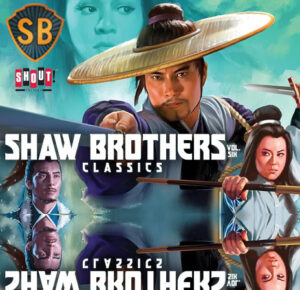
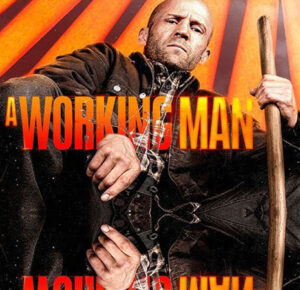
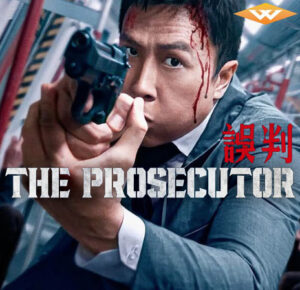
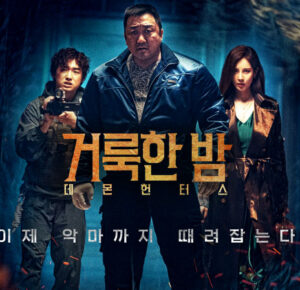
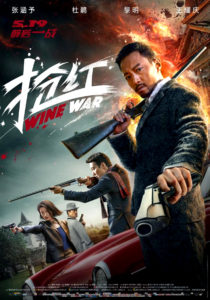
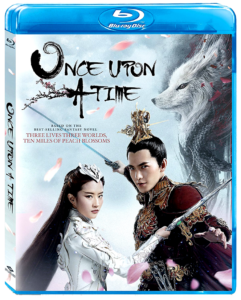
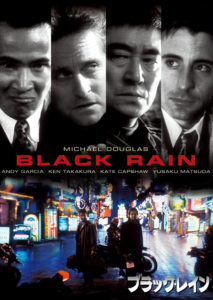
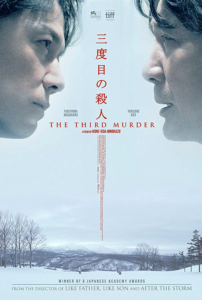
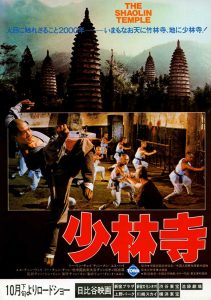
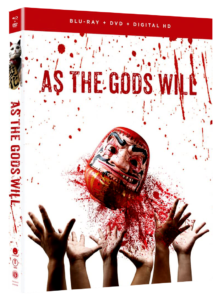
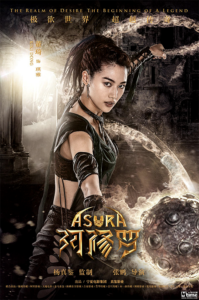
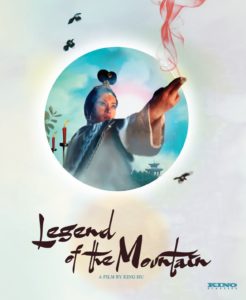
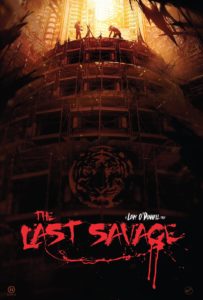
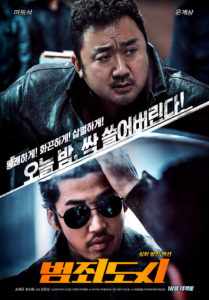
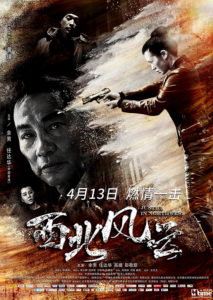
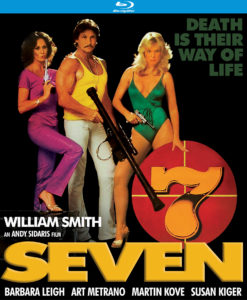
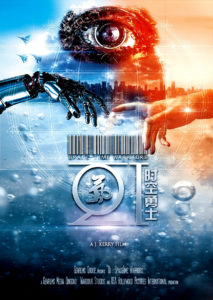
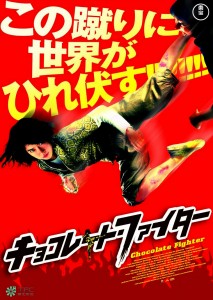
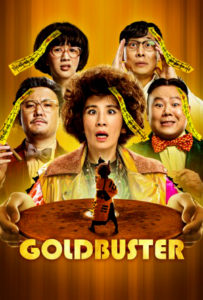



4 Comments